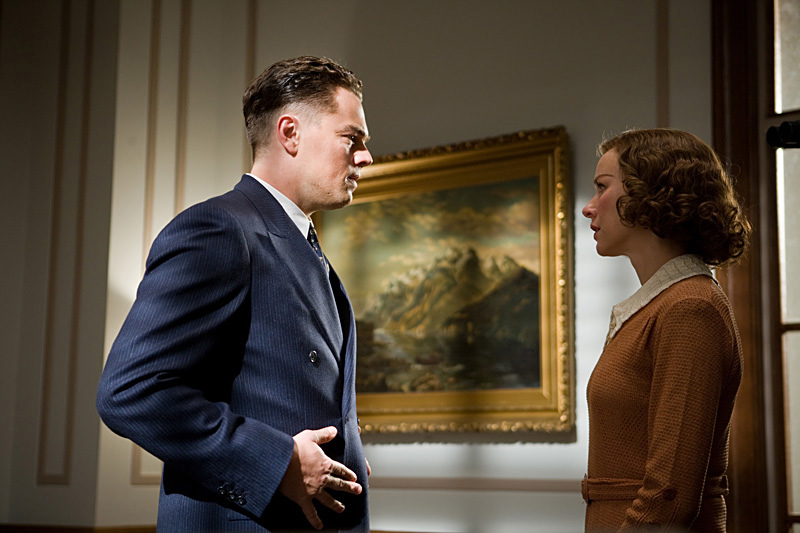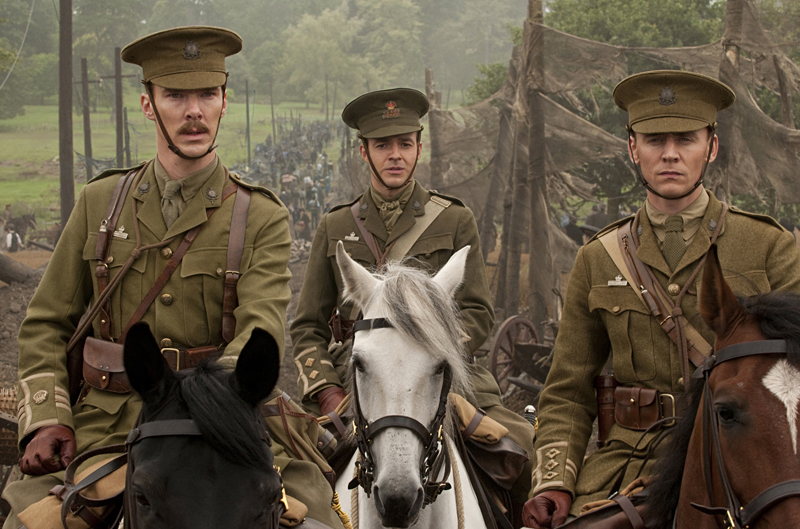Clint Eastwood goes deep into Oliver Stone territory and emerges victorious with J. Edgar. Although hardly flawless, Eastwood’s biopic is his richest, most ambitious movie since the Letters From Iwo Jima/Flags of Our Fathers duo, if not Unforgiven. Patriot, scoundrel, genius of self-promotion, gang-buster, Red-baiter, blackmailer, proponent of the fingerprint, apostle of the wiretap, and momma’s-boy monster of sexual repression, J. Edgar Hoover (1895–1972), who more or less created the FBI and successfully ran the agency for nearly 50 years, was one of the great American personalities of the 20th century. With prosthetics simulating Hoover’s bulldog look, the better to enact the FBI man’s bulldog tenacity, Leonardo DiCaprio turns out to have been quite a canny casting move. With his own celebrity presence, DiCaprio successfully promotes the movie’s idea of Hoover as a star (rather than the squat, balding troll familiar to anyone who grew up in the ’60s) even as he makes convincing the sexual ambiguity crucial to the Hoover conceived by Eastwood and screenwriter Dustin Lance Black. Black, who won an Oscar for Milk, has furnished Eastwood with a complex, richly associative script that puts the first 20 years of Hoover’s career (the 1920s and ’30s) in the context of his last decade (the 1960s), with flashbacks motivated by the memoir he dictates to a succession of young agents. Crammed with material, even if the midsection is a bit slack, J. Edgar is a dense historical tapestry.
J. Edgar: Leo DiCaprio as Closet-Case FBI Director








